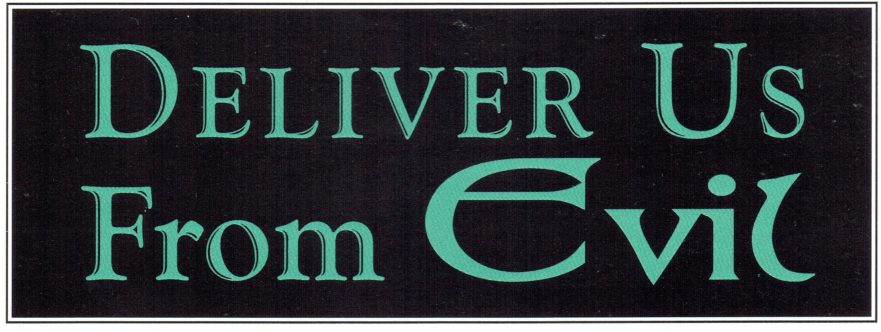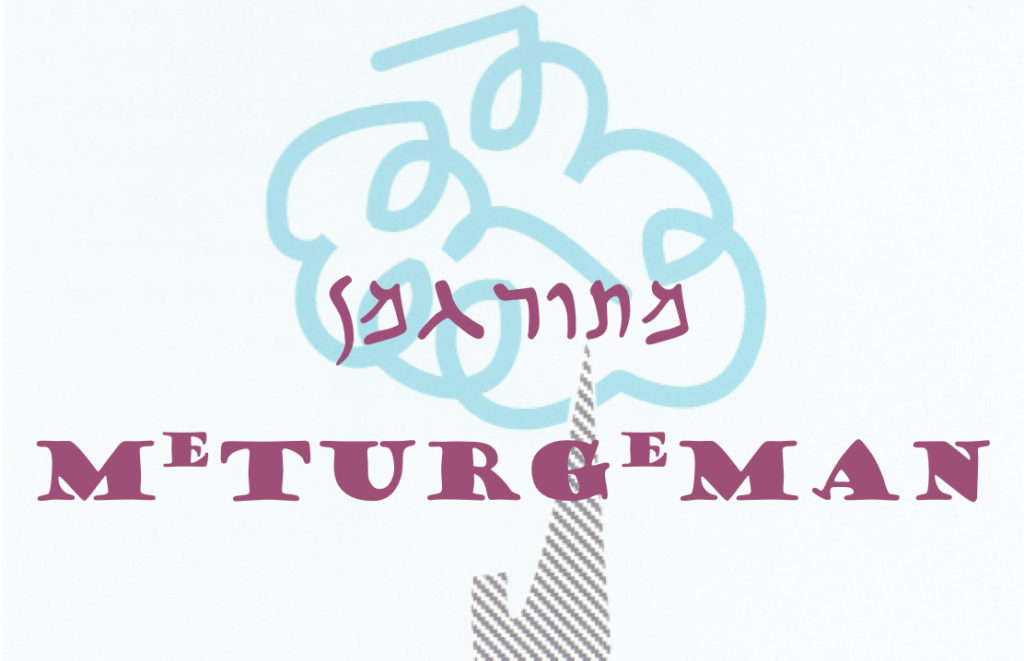מְתֻרְגְּמָן (me⋅tur⋅ge⋅MĀN) is Hebrew for “translator.” The articles in this series illustrate how a knowledge of the Gospels’ Semitic background can provide a deeper understanding of Jesus’ words and influence the translation process. For more articles in this series, click here.

At the end of Matthew’s version of the Lord’s Prayer we read, “But deliver us from evil” in the King James Version and Revised Standard Version. A number of more recent English translations differ. The Good News Bible, New Century Bible, New International Version, New Jerusalem Bible and New Revised Standard Version all render Matthew 6:13b as keep us, save us, rescue us, or deliver us “from the evil one.” The difference is significant, and invites our curiosity.
Translators of the two older English versions rendered the Greek phrase ἀπὸ τοῦ πονηροῦ (apo tou ponērou, literally, “from the bad”) as “from evil.” Translators of the newer versions listed above rendered the same phrase as “from the evil one.” Which translators were right? Is the phrase ambiguous?
The earlier translators have Jesus teaching his disciples to ask God for protection against evil—all evil, regardless of its origin. The later translators limit the meaning to a request for protection against the evil one, in other words, against Satan, or the devil. To get to the roots of this linguistic problem, we’ll need to do some digging.
A Quick Peek at the Greek
First, a quick lesson in Greek. All Greek nouns and adjectives are categorized according to gender. Gender may be masculine, feminine—or neuter! Sometimes a Greek word may appear carrying one gender in one context and a different gender in another context. The difference in gender affects meaning. For example, ponēros is masculine in gender and means “an evil man or masculine entity.” But ponēron, being neuter in gender, means “evil” or “evil thing” in a broad, impersonal sense. Difficulties arise in contexts where the masculine ponēros and the neuter ponēron appear after certain prepositions. When they do, their endings may be identical and indistinguishable.
Paid Content
Premium Members and Friends of JP must be logged in to access this content: Login
If you do not have a paid subscription, please consider registering as a Premium Member starting at $10/month (paid monthly) or only $5/month (paid annually): Register
One Time Purchase Rather Than Membership
Rather than purchasing a membership subscription, you may purchase access to this single page for $1.99 USD. To purchase access we strongly encourage users to first register for a free account with JP (Register), which will make the process of accessing your purchase much simpler. Once you have registered you may login and purchase access to this page at this link:


































































































Comments 1
Excellent article Randall. Thank you for writing it. Even with my limited Hebrew that was how I understood the text. It is nice to have the support of your suburb scholarship.